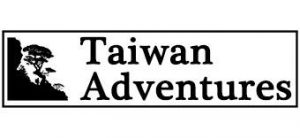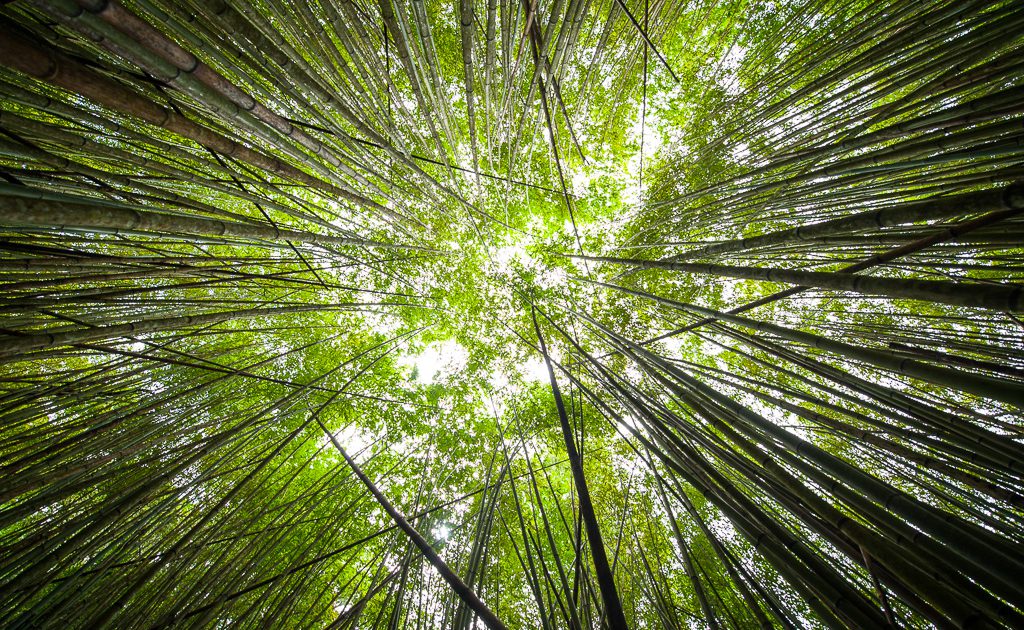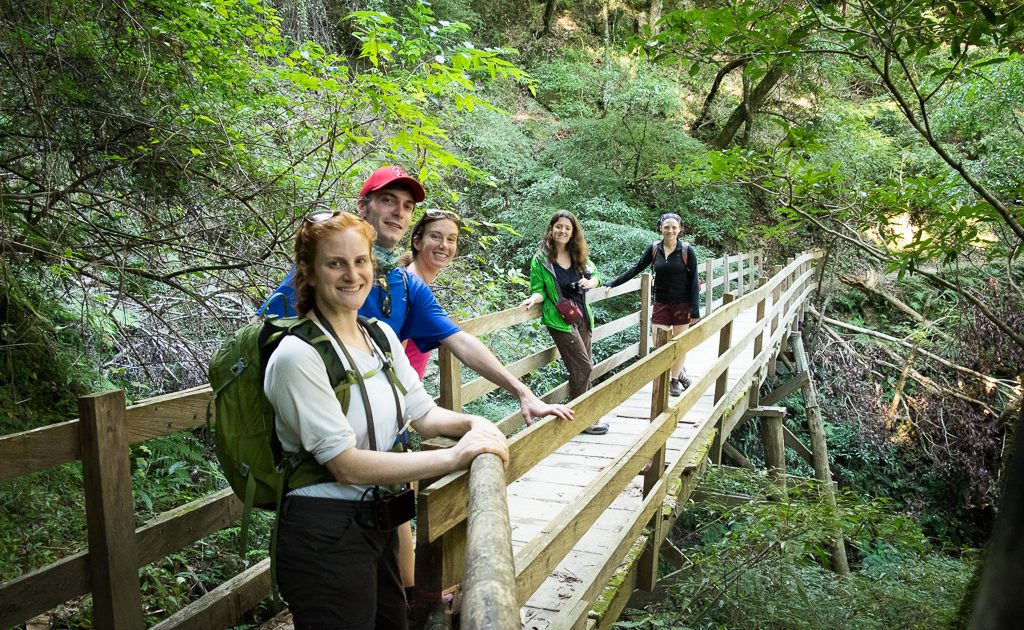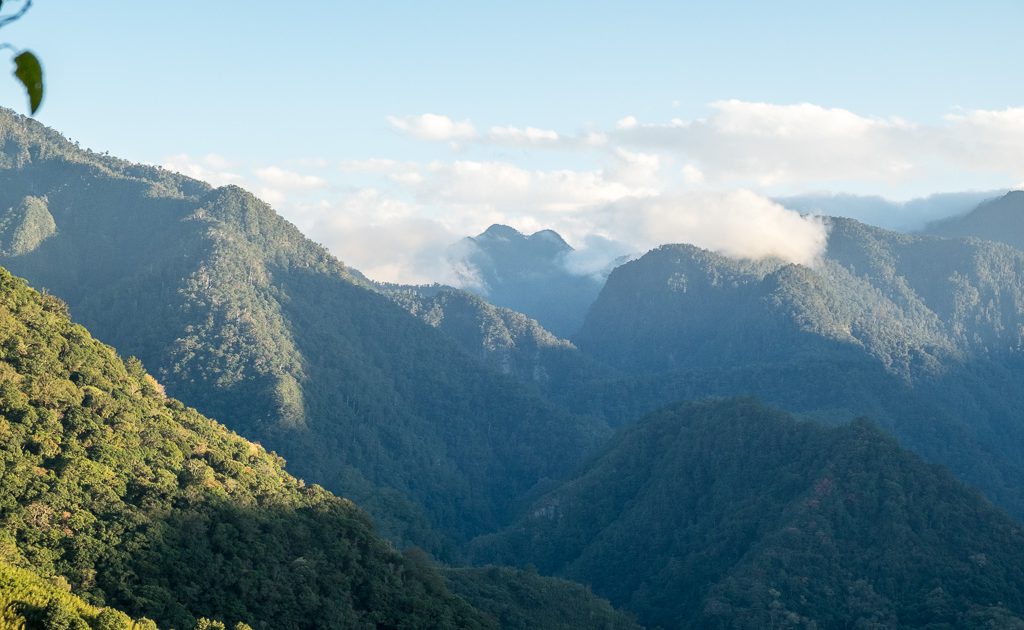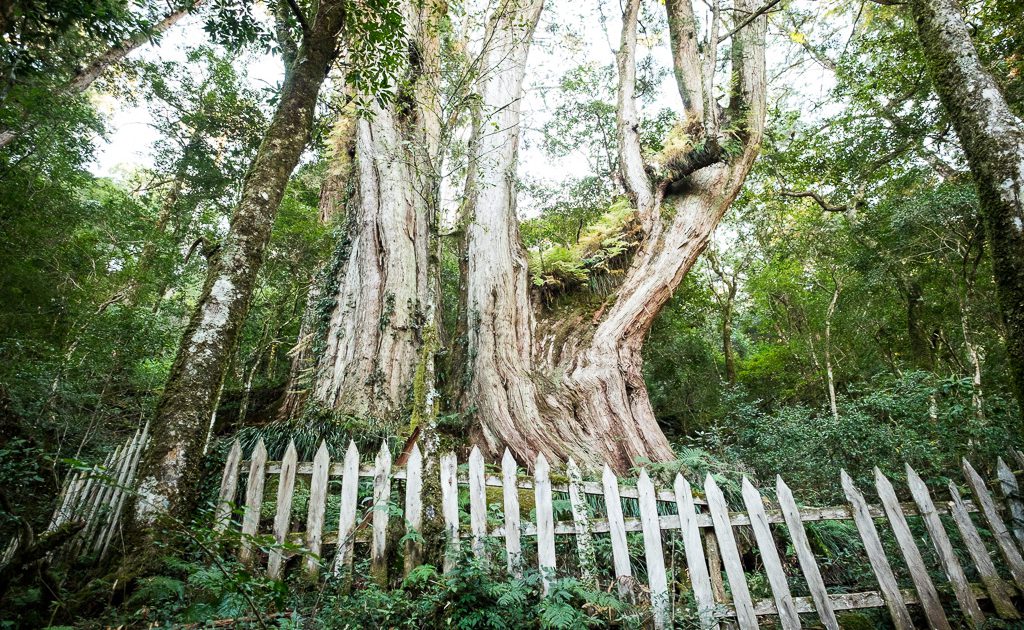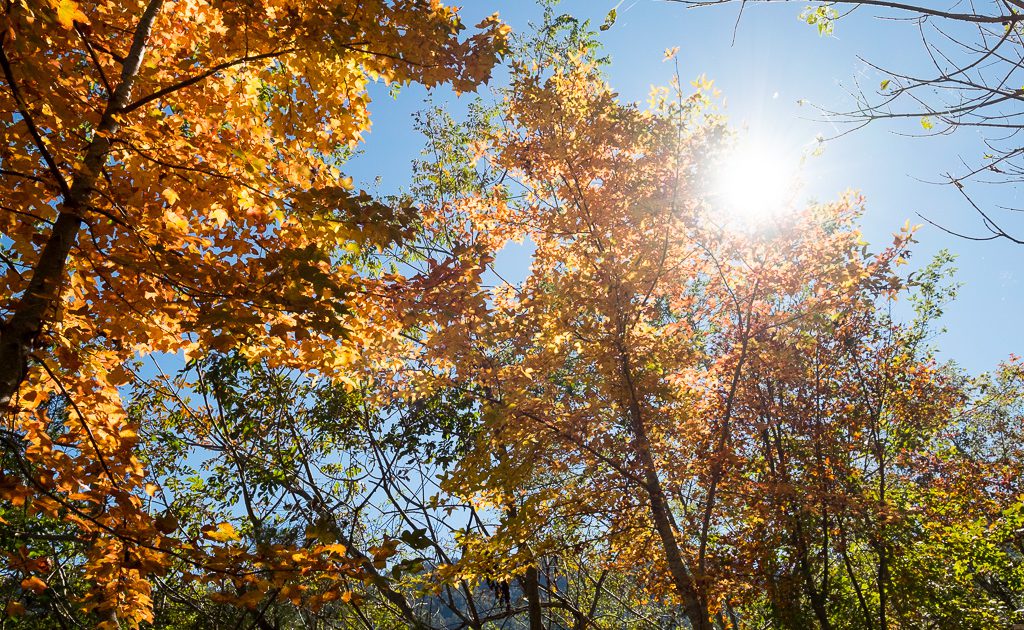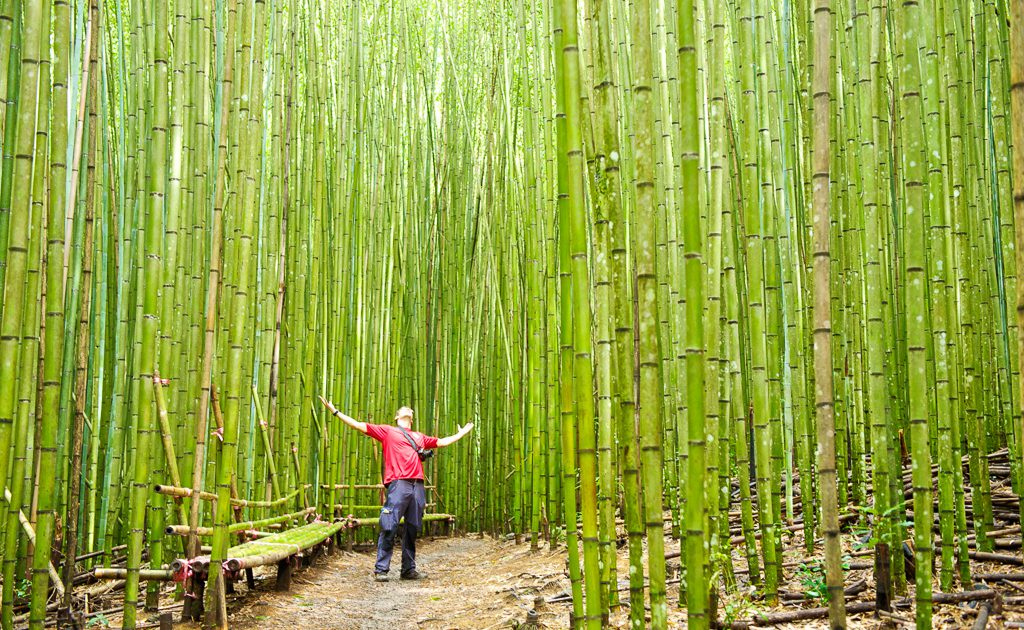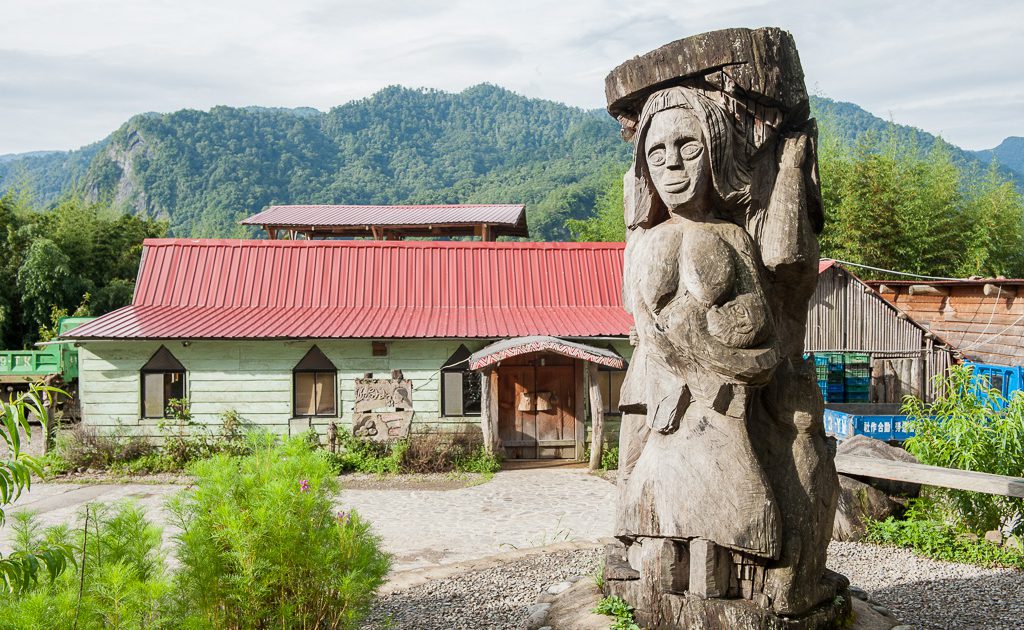Smangus
Smangus is said to be Taiwan’s most remote village. The area was only connected to the electricity grid in 1979 and construction of the last section of road leading to the village was only finished in 1995. Prior to that, villages had to hike for 3 hours to get anything they needed from Xinguang on the opposite side of the valley. Smangus is famous for its grove of giant Cypress trees, which are some of the oldest and largest in Taiwan at up to 2,700 years old. The area is also well known for its peaches which are harvested in the summer months.
TYPICAL ITINERARY
We usually leave Taipei early in the morning on Day 1 and drive to Smangus for lunch. Then, we explore the village a bit and hike out to the ancient tree grove. We can stay in Smangus or across the valley in Xinguan. On Day 2 we’ll hike to the Zhenxibao ancient tree grove before having lunch the old Taiyaer Church and heading back to Taipei.
GRADING AND FITNESS
Difficulty – 1 – 3 (out of 5) Duration – 2 days and 1 night
Hikes in this area range from flat walks along roads to steep climbs with some exposure to heights. The trip can be customised for people with a minimal amount of fitness.
PRICING
Private trips start at $46,800TWD for groups of 1 to 3 people. Each additional person is $13,800TWD. Discounts are available for groups of 6 or more. All taxes and fees included.
TRANSPORTATION
Private transportation is provided from anywhere in Taipei or the Taipei/Taoyuan Airport to the mountain. Pickups in other locations can be arranged, sometimes for a small extra fee. Vehicles are insured; Drivers are licensed; and traffic rules are obeyed.
FOOD
All the main meals are provided for the hike. Clients only need to bring their own snacks. If you have any special dietary requests, allergies, or needs, let us know and we’ll be happy to accommodate you.
LEADERS AND SAFETY
All of our leaders are Wilderness First Responder certified and carry first aid kits. They have all spent a lot of time hiking in Taiwan and are very experienced in the high mountains. All of our leaders are native speakers of English, but also speak Mandarin and are very knowledgeable about the local mountains, flora/fauna, and culture.
